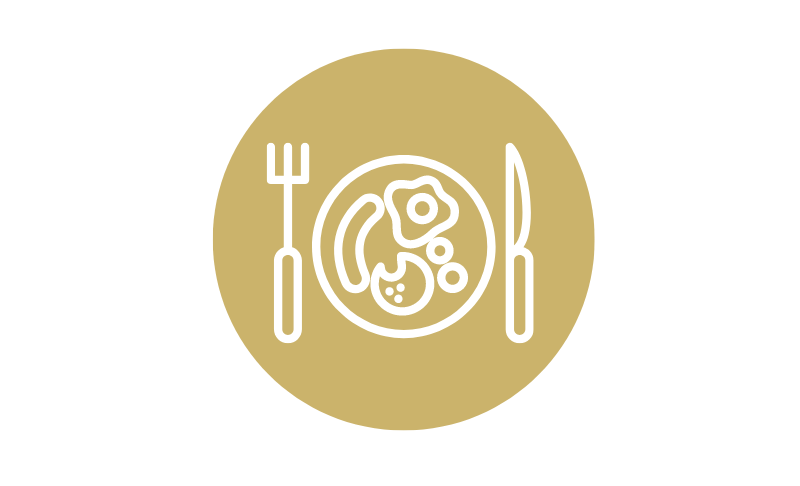Eating Disorder

What is Eating Disorder?
It refer to all eating behavior problems that result from psychological issues. There are physical symptoms such as eating less or eating differently,
as well as internal symptoms caused by concerns about weight or body shape.
It can be easily divided into two types. In addition, these days they are sometimes referred to as central eating disorders to distinguish them from other diseases,
such as simple functional decline, that are not psychotic.
It has the highest suicide rate of any mental illness, and many develop self-harm and depression.
Anorexia
It is a decrease in the amount of food eaten. It is also called anorexia nervosa. The symptoms of anorexia include dieting, restricting food intake, inducing vomiting,
and taking laxatives due to the desire to lose weight even though the person is objectively thin and an excessive fear of obesity.It is a decrease in the amount of food eaten.
It is also called anorexia nervosa. The symptoms of anorexia include dieting, restricting food intake, inducing vomiting, and taking laxatives due to the desire to lose weight even though the person is objectively thin and an excessive fear of obesity.
It has the highest mortality rate of any mental illness, with 7% of patients dying, varying widely from early to terminal symptoms. In addition,
47% of patients make a full recovery, 10% make a partial recovery, and 36% deteriorate. Ninety percent of patients are female, most often in their teens.
Bulimarexia
It is the opposite of anorexia, in which a person eats to the point of losing self-control. The main characteristics are the lack of self-control and the fact that it occurs in a short period of time and causes rapid weight gain.
It also includes feelings of guilt over binge eating and self-loathing over not being able to lose weight. Most patients are in their 20s, but many cases begin at a young age and continue into middle age.
Compared to anorexia, weight gain or loss is not excessive and is therefore difficult to notice.
If you think you have Eating Disorder..
When you first hear the term "eating disorder," many people think of young women who want to lose too much weight. However, eating disorders are a disease that anyone can easily become. It is also a disease that is difficult to understand because there are many different cases. If you feel insecure about your eating in any way, or if your eating habits interfere with your normal life, you should seek medical diagnosis. If you notice any obvious abnormalities in the diet of those around you, let them know. Also, if you learn that someone around you is having trouble with their diet, get tested.


